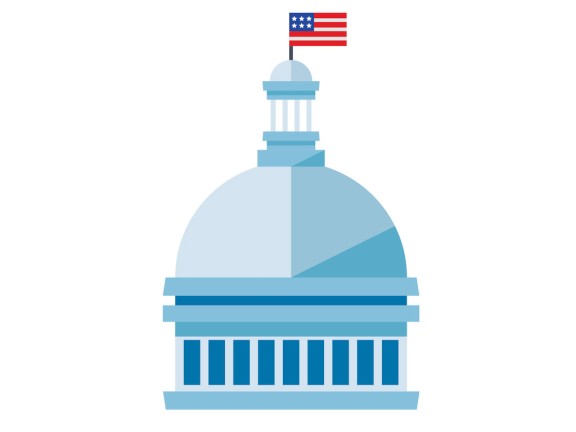What the health care debate teaches us about gerrymandering

This article was originally published August 22, 2017 by The Hill.
As the bitter debate over healthcare unfolded in Washington this summer, it’s no coincidence the prominent voices for moderation and compromise have been swing-state senators and governors.
These lawmakers compete in statewide elections, without the corrosive influence of partisan, gerrymandered districts. They got elected in competitive races that forced them to consider a wide range of voters and viewpoints. And competitive races give a voice to the moderate majority in American politics, a majority too often shut out by one-sided redistricting that favors ideological purity over real democracy.
More of our political system could return to fair competition, if only we could adopt nonpartisan processes for drawing voting districts. Ending partisan gerrymandering — the practice of using voting history and party registration in drawing election maps — would get us back on the path to more pragmatic, less ideological governing and a more representative democracy.
That’s exactly what most Americans want. For all the talk of increasing polarization in public life, the majority of voters remain far from the extremes of either major political party. They want effective government, government that works. They want leaders who embrace practical approaches to solving big problems like infrastructure, healthcare, and tax reform.
They want lawmakers who are willing to work together and negotiate in good faith in order to solve problems. A Gallup poll last fall found that a solid majority of voters in both parties favored compromise over strict adherence to ideological principle.
Because gerrymandered districts undermine competitive elections, lawmakers in the U.S. House of Representatives and in many state legislatures have become far less responsive to that moderate majority. They are less concerned about losing a competitive race than they are about a primary challenge from the extreme flank of their own party. That’s how an ideological minority gains outsized influence over policy.
It explains why the House of Representatives could muster the votes needed to pass an unpopular bill repealing and attempting to replace ObamaCare. Even as polls showed the country at-large overwhelmingly opposed to the House legislation, individual lawmakers in lopsided districts bowed to a tiny group of highly partisan voters to vote for it.
In the Senate, gerrymandering isn’t a factor. And senators in politically diverse states — places like Arizona, Nevada, Maine, Wisconsin, Colorado, and Ohio — remain sensitive to the views and voting habits of all citizens. Without the unfair advantage of a weighted district, Senators need to attract and keep the pro-compromise, solution-focused voters on their side in order to stay in office.
Predictably, those lawmakers have been more willing to compromise. They’re more likely to work across the aisle. And that’s exactly what we've seen in recent days, as senators began the hard task of hammering out a bipartisan compromise to improve healthcare for all Americans. It's happening because regular citizens had a fair shot at getting their voices heard.
A U.S. Supreme Court case likely to be decided this year could go a long way in fixing the problem by baring partisanship in district maps. But we shouldn’t wait for the Court to fix our democracy. We should care enough to tackle our problems directly and demand that our representatives adopt systems of non-partisan redistricting.
The current path has proven unworkable for both parties, with the healthcare debate vividly illustrating the limits of governing by gerrymandered majority. Unfair districts can help win a majority of seats, but they don't command a mandate from the majority of voters. Legislation passed by narrow, partisan votes isn't as stable or effective, and that makes it incredibly hard to get anything done. Gerrymandering is a key reason that Americans hold such a dim view of Congress.
To finally tackle some of our biggest national challenges, we need an electoral process that rewards compromise. We need lawmakers with the incentive to embrace good ideas from both sides of the aisle. We won't get there so long as party politics controls our voting districts. We need non-partisan rules for redistricting.
Our founders recognized the genius of a system that relies on checks and balances, a system that demands goodwill and compromise between competing factions. Voters still see the wisdom in that vision.
It’s time for politicians to quit fiddling with maps and keep faith with a country that’s much less divided than its leaders. Failing to act will result in the continued erosion of our representative democracy and that outcome is in no one’s interest.

